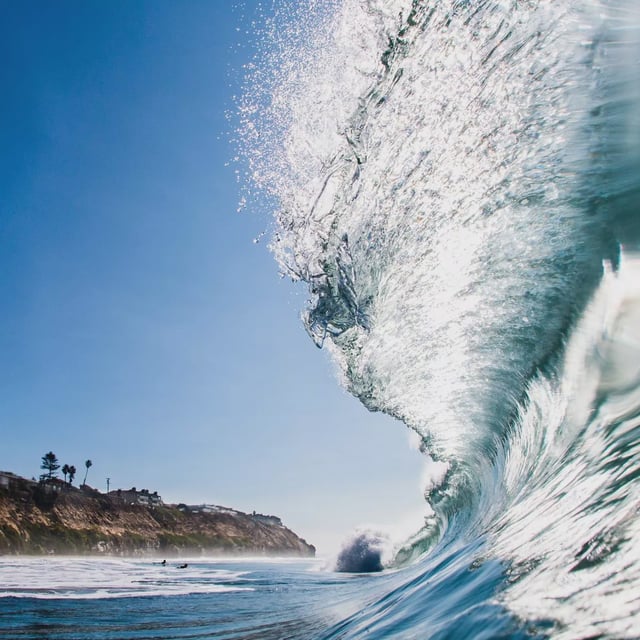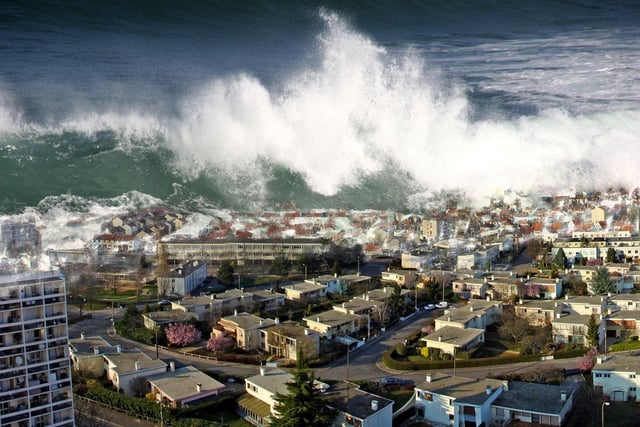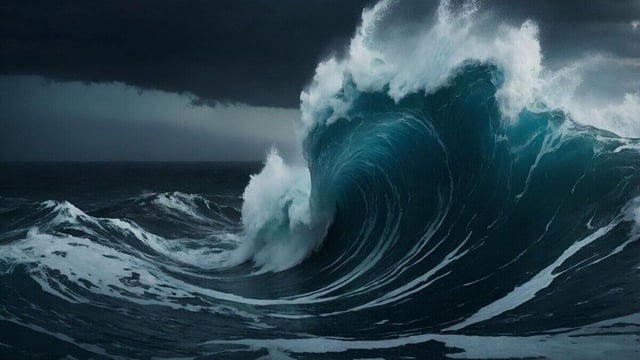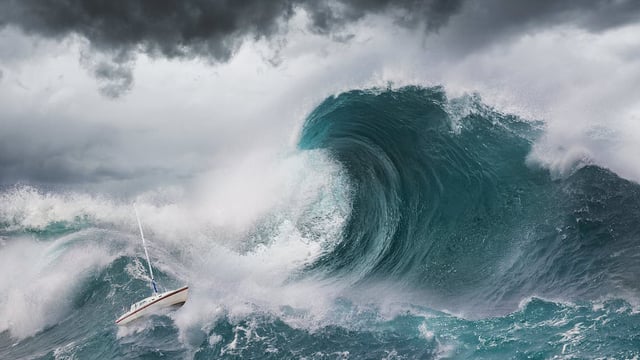Overview
- A new study in the Proceedings of the National Academy of Sciences warns that a Cascadia Subduction Zone earthquake could cause coastal land to sink over six feet instantly, greatly increasing tsunami risks.
- Experts estimate a 37% chance of a magnitude 8–9 earthquake in the Cascadia region within the next 50 years, potentially triggering a tsunami similar to the 1700 event that devastated coastal areas.
- Alaska faces growing mega-tsunami risks due to glacier retreat caused by climate change, which destabilizes slopes and increases the likelihood of landslides into fjords.
- Hawaii's volcanic islands remain vulnerable to massive waves from potential volcanic flank collapses, with a history of similar events including a 1,000-foot wave on Lanai 105,000 years ago.
- Scientists emphasize the need for improved monitoring, early warning systems, and evacuation planning to mitigate risks to millions living in coastal regions of Alaska, Hawaii, and the West Coast.



